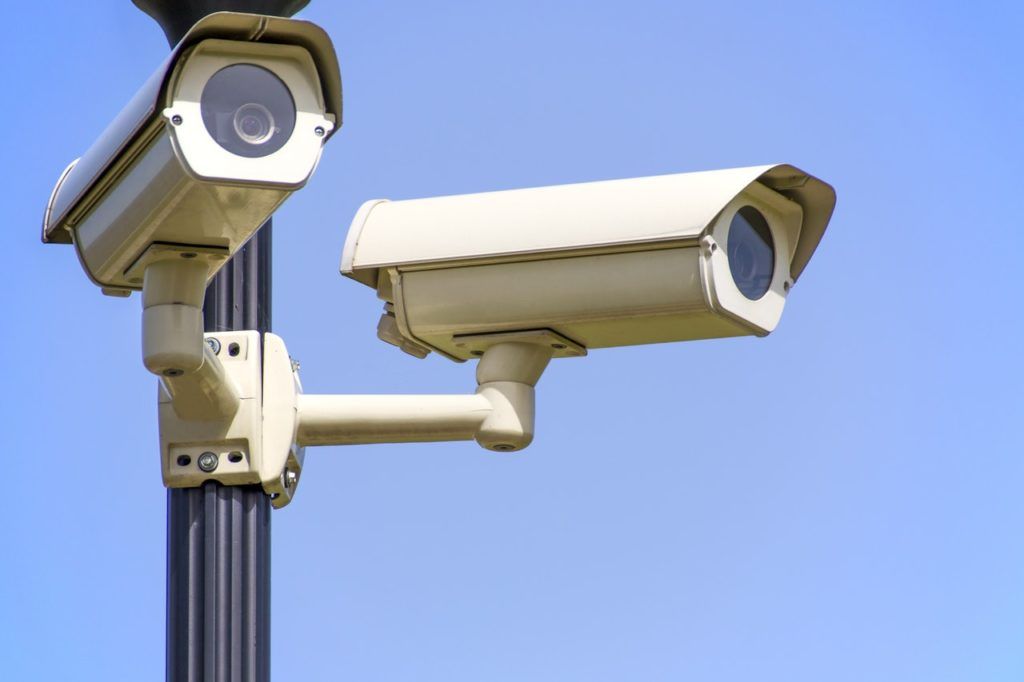Security Cameras on the Streets: Overtown, Miami FL
"...British Home Office Study reported in 2005 that their cameras neither reduced crime nor fear of crime."

The Miami police department controls through means of intimidation. They’ve convinced the public (or rather, lawmakers) that their actions are taken for the greater good, using their power to take a new step in surveillance in the underserved neighborhood of Overtown… with CCTV police cameras.
The implications of this are clear to any radical: the data collected will likely be used to squeeze fines and violations out of the local population. Not only this, but it’s been recorded that other cities who have implemented similar programs have just outsourced both the data collection to unregulated private firms. This has also been the case with stop-light cameras already prevalent in the state, and there was a suit in Orlando where the claimant had been quoted to say "...it just feels like there's something inherently wrong about these cameras and the more I look into it, the more I'm convinced that there is something wrong with it." That lingering feeling of unwelcome surveillance is valid as our localities have not been known to actually vet or properly monitor the systems they set in place.
Moreover, these cameras aren't even proven to contribute to a lowering in the crime rate in the locality in which they are set up. In a study done on the crime rates in the UK after they implemented wide-scale CCTV street surveillance, a criminologist wrote, "Once the crime and offence figures were adjusted to take account of the general downward trend in crimes and offences, reductions were noted in certain categories, but there was no evidence to suggest that the cameras had reduced crime overall in the city centre." On the same issues, but a few years earlier, a British Home Office Study reported in 2005 that their cameras neither reduced crime nor fear of crime.
As of September 2018, there have been over 130 police cameras placed on the streets of Miami. The Florida ACLU has been quoted to say more specifically about the situation that “These cameras should be for targeting investigations only, not blanket wholesale surveillance of entire communities." And I’d like to extend that sentiment further to argue that any wholesale surveillance, even if purported to be a part of a larger criminal investigation, is unethical. Not only do the biases dominant in our system prevent any true Justice for those negatively affected, but the Miami Police Department is very well known for its misuse of funds and equipment, as well as for their tendency to cover up internal investigations into officers who are openly shown to oppress regular citizens.
The tendency to oppress and harm minority communities is in the DNA of policing, so to empower them with the tools to more accurately gauge the activities of those communities doesn't do them any good, since the MPD isn’t likely to ever actually take action against the forces that most negatively affect Overtown and its citizens. Criminal abuses, institutional abuses and personal abuses by officers privy to this system, as well as by the private firms who are typically tasked with the day-to-day maintenance and surveillance operations, are avoidable, and community justice efforts like those purported by the local Dream Defenders group, that encourage community policing, are plausible and much more effective ways to reduce crime and increase the feeling of safety and community in a neighborhood.
A section from their Freedom Papers reads:

